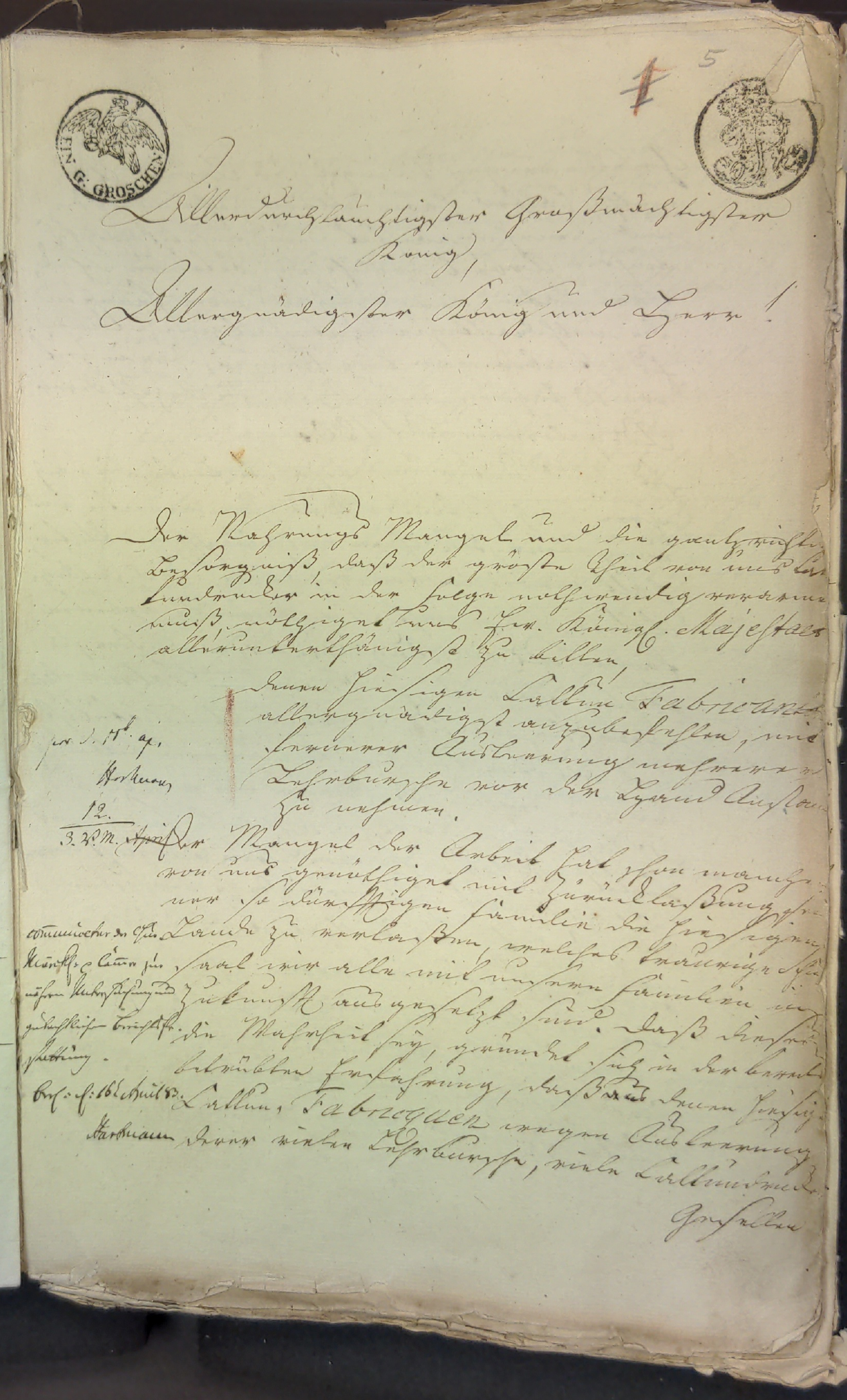Innovating Around Resistance
The Global Production Chain of Printed Textiles (1700-1900)
The project "Innovating Around Resistance: The Global Production Chain of Printed Textiles (1700-1900)" examines how workers' resistance to exploitation shaped the first capitalist global production chain of printed cotton textiles. It traces the role of collective labor action in driving institutional, organizational, and technological innovations, as well as the appropriation of knowledge in European calico printing and colonial dyestuff production and processing. Consulting colonial, state and company archives, this project connects the history of indigo production under forced labor regimes by the VOC in Indonesia and the Spanish Empire in Central America with the manufacturing of printed calicoes in Amsterdam, Barcelona and Berlin. The primary aim is to examine contestation during the labor process as a catalyst for changes in social relations and forces of production, emphasizing the significant influence of workers' actions in the history of capitalism.
This study is being carried out by Jens Aurich, a PhD researcher at IISH and the University of Amsterdam, under the guidance of Dr. Matthias van Rossum and Dr. Maartje van Gelder.
The project began in March 2023 and is expected to conclude in four years.
Picture: Part of a letter (11.04.1783) in which 95 journeymen calico printers from Berlin petitioned the king of Prussia to put an end to the practice of the employers to replace journeymen with cheaper apprentices.



